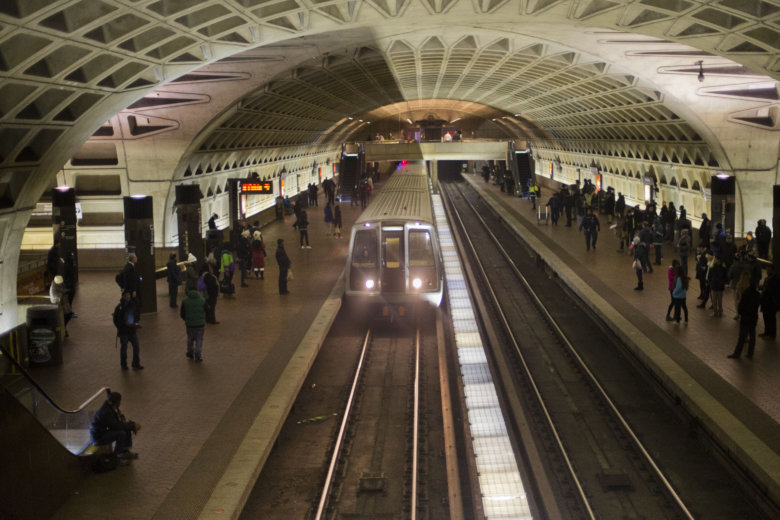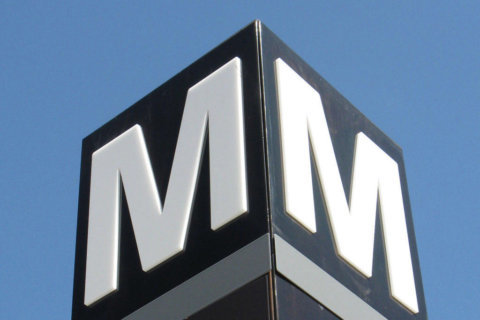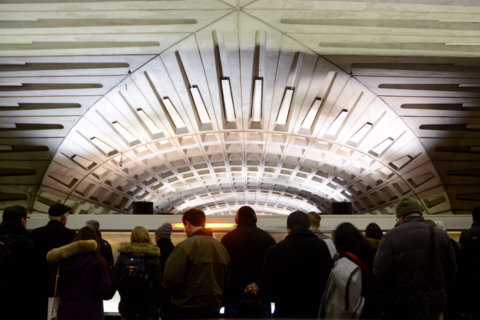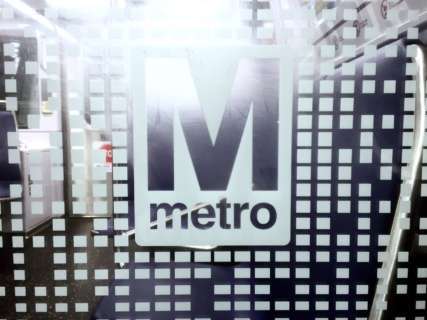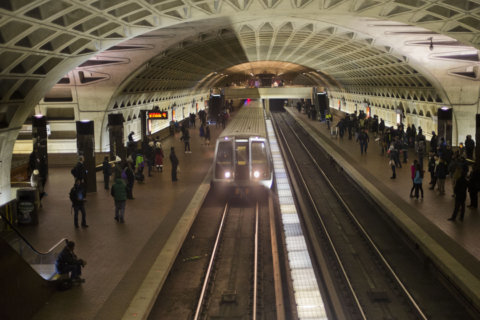
WASHINGTON — Metro just made it easier to sell food and drinks at stations and to place vending machines or shops on station platforms, but actually making that happen could still be a lengthy process.
The Metro Board voted Thursday to allow the sale of food and drinks on Metro property anywhere outside the areas of the Metrorail system that riders must pay to access.
The approval also allows Metro staff to permit any other commercial activity anywhere on Metro property that does not interfere with service, which could include allowing vending machines, flower shops and more, even on station platforms.
However, a promise to local jurisdictions provided alongside the new use regulations suggests it could take months for anyone interested in taking advantage of the newly streamlined process to actually set up shop.
Northern Virginia jurisdictions had been concerned that Metro could approve uses like food trucks in Metro parking lots, right next to an area where the local government had been trying to boost small businesses, or that it could create other situations in which a use on Metro property conflicted with what area residents want, or with a local government’s goals.
Arlington Metro Board member Christian Dorsey said a memorandum outlining how Metro staff will handle use applications promises that Metro will alert any impacted jurisdiction before a permit is approved, with notification every three months of any projects in the pipeline, to allow time for the local government to express any concerns.
“We weren’t asking for that much time, but that seems to be something that works for them,” Dorsey said after the meeting.
Some commercial or other uses of Metro property could still be approved more quickly than that in unique circumstances, he said. The notice requirement could also avoid situations where Metro approves a use only for a local government to block it.
“There will probably be times where Metro will say: ‘Look, this is all it is. Can we move forward with it?’ And those easy ones hopefully will happen, but then maybe the more-complex ones will go through that process,” Dorsey said.
The promise of advance notice addressed some of Dorsey’s concerns, and he joined the board to vote unanimously in favor of the new use regulations.
Eating and drinking in the Metro system will remain against the law.
Metro Board Chairman Jack Evans is hopeful Metro could make money from permit fees, leases or a share of revenue from vending machines, food sales or other new commercial uses of Metro facilities, but he had no estimate of what the change could mean for Metro’s budget.
“I think it’s a great idea. They do it in transit systems all across the country and the world,” Evans said.
“Metro needs to really be dragged into the 21st or 22nd century — wherever we are — as far as advertising, as far as selling things, as far as a system that’s much more lively like the systems I’ve visited all across the world, so I hope we’re gradually getting there,” Evans said.

